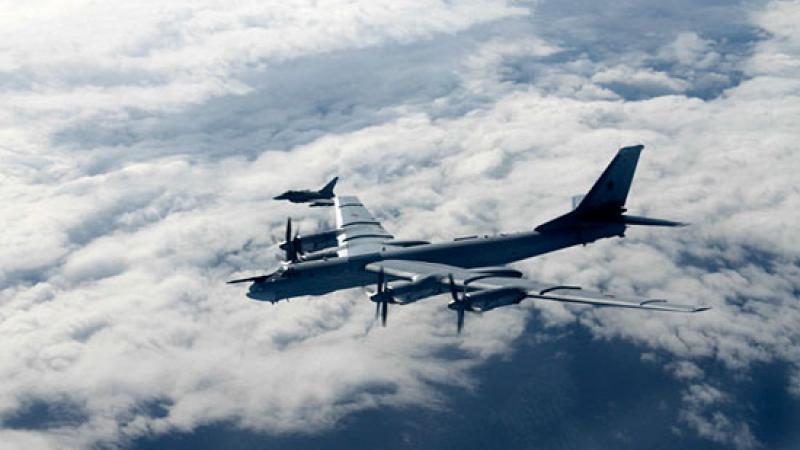Biden will explain surprise Afghanistan drawdown plans, White House says
Biden will discuss "the way forward in Afghanistan," and the pending total drawdown, spokesperson Jen Psaki told reporters.
Following reports that the United States will withdraw all its troops from Afghanistan by the 20th anniversary of the 9/11 terror attacks, the White House said President Biden will address the country on Wednesday about the decision.
Biden will discuss "the way forward in Afghanistan," spokesperson Jen Psaki told reporters April 13, "including his plans and timeline for withdrawing U.S. troops" in coordination with American allies.
The timeline was revealed earlier on Tuesday, though, when the White House alerted a small number of select journalists to a surprise background briefing with an unnamed "senior administration official." During the briefing, the official noted that the president planned to "finally end" the U.S. war in Afghanistan after 20 years.
"We will begin an orderly drawdown of the remaining forces before May first and plan to have all U.S. troops out of the country before the 20th anniversary of 9/11," the official said.
"This is not conditions-based," the official told reporters. "The President has judged that a conditions-based approach, which has been the approach of the past two decades, is a recipe for staying in Afghanistan forever."
Approximately 2,500 U.S. troops remain in Afghanistan, along with about 7,000 NATO forces.
A drawdown long has been in the works, following a deal last year between the Trump administration and the Taliban. Although the U.S. planned to withdraw forces by May 1, U.S. officials determined that the Taliban was not meeting certain requirements.
The Tuesday announcement that all American forces would unilaterally leave Afghanistan came as a shock, then, to observers.
Political stakeholders on Tuesday reacted sharply to the announcement.
Oklahoma Sen. Jim Inhofe, the ranking Republican on the Senate Armed Services Committee, denounced the decision as "reckless and dangerous."
"No one wants a forever war, but I've consistently said any withdrawal must be conditions-based," Inhofe said in a statement. "Arbitrary deadlines would likely put our troops in danger, jeopardize all the progress we've made, and lead to civil war in Afghanistan — and create a breeding ground for international terrorists.
"We're talking about protecting American lives here."
Senate Minority Leader Mitch McConnell used similar language in response to the news.
"A reckless pullback like this would abandon our Afghan regional and our NATO partners in a shared fight against terrorists that we've not yet won," the Kentucky Republican said. He added that local partners now carry the brunt of the war-fighting load, and that foreign partners are also heavily in the mix. "Our NATO allies have particularly been begging, begging, the United States to stay by their side," he said.
Prominently supporting the drawdown was former Secretary of State Colin Powell, who said the decision was "overdue," telling the Washington Post: "I'd say we've done all we can do. ... What are those troops being told they're there for? It's time to bring it to an end."
Biden's decision was revealed as Turkey announced plans to host a 10-day international peace conference on Afghanistan from April 24 to May 4. The conference is aimed at bolstering intra-Afghan peace talks.
The Taliban has threatened to resume attacks on foreign troops if they remain past the original May 1 deadline negotiated with the Trump team. The Taliban did not clarify those plans in light of the Tuesday announcement, but announced its position regarding the upcoming international conference via Twitter.
"Until all foreign forces completely withdraw from our homeland, the Islamic Emirate will not participate in any conference that shall make decisions about Afghanistan," a Taliban spokesman wrote in an April 13 tweet.
The White House on Tuesday reiterated that any new Taliban attacks against U.S. or allied forces during the drawdown would meet with retaliation.
"We will hit back hard," the senior administration official said.
















